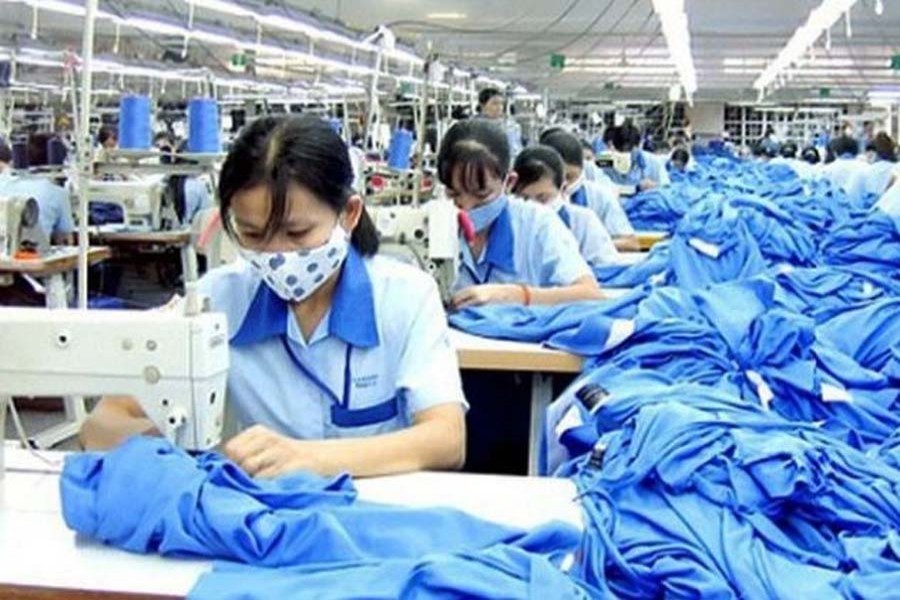Three more garment-producing countries have joined the Asian Associations in IAF-STAR Network initiative on manufacturers' payment and delivery terms.
On January 12, nine trade bodies from Bangladesh, China, Cambodia, Myanmar, Vietnam and Pakistan agreed to start the new initiative, seeking better purchasing practices in the textile and garment industry.
These six countries represent more than 60 per cent of the world's apparel exports.
The latest four major industry associations that joined the initiative are Indonesian Textile Association (API), Turkish Clothing Manufacturers Association (TCMA), Istanbul Ready-Made Garments Exporters' Association (IHKIB) and Moroccan Association of Textile and Clothing Industries (AMITH), according to a statement issued on Wednesday.
The initiative, started by the STAR Network, supported by GIZ FABRIC, the International Apparel Federation (IAF) and the Better Buying Institute, presented their plans at the OECD Forum on Due Diligence in the Garment and Footwear Sector on February 03.
This marked a joint global effort, led by manufacturers, to establish a common position on payment and delivery conditions in the industry.
The initiative on 'Manufacturers Payment and Delivery Terms', came as the industry works to better connect supply to demand, reduce waste and improve profitability.
It recognises that buyers and suppliers must strengthen their relationships to both support pandemic recovery and prepare for future supply chain disruptions.
The statement quoting STAR Network spokesperson Miran Ali said at the OECD Forum: "Following the pandemic, there should be a complete reset of the buyer-supplier relationship. We should not revert back to the norm."
In collaboration with various global stakeholders, the STAR Network, GIZ FABRIC, IAF and Better Buying are creating a safe space for manufacturers to jointly draft a set of minimum expectations and outline recommendations and best practices related to payment and delivery conditions.
This included establishing certain red lines and core principles that they deem essential for fair legitimate business.
"Suppliers from around the world are coming together to offer solutions for strengthening global supply chains," said Dr Marsha Dickson, president and co-founder of the Better Buying Institute.
"Suppliers often have the best ideas for how to overcome challenges and the impacts of brand and retailer purchasing practices on workers and the environment. It's critical their voices be heard."
IAF secretary general Matthijs Crietee said, "In the end, improvements in purchasing practices are essential to driving industry-wide change."
Suppliers participating in this effort represent roughly two-thirds of the global market share of global apparel and footwear factory exports.
Members of STAR Network and IAF include VITAS (Vietnam), CNTAC (China), CMAC (Cambodia), MGMA (Myanmar), TMA, PHMA and PTEA (Pakistan), BGMEA and BKMEA (Bangladesh) and now also TCMA and IHKIB (Turkey), API (Indonesia) and AMITH (Morocco).
The game changer is the collaboration between all of these organisations.
Mr Ali told the OECD Forum, "The fact that there is fierce competition among manufacturing countries is not an impediment to collaboration."
The initiative is supported by GIZs regional project FABRIC Asia, built on the input from STAR Network and IAF/ITMF members and managed by IAF with support from Better Buying Institute.
The first phase of the project will run until March 31 of this year.


